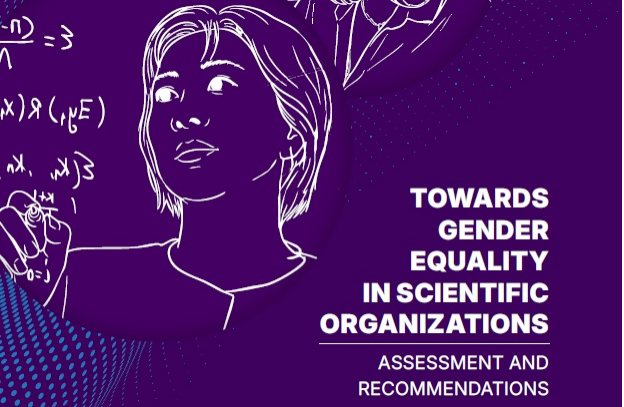
Elisabeth Carabine, from Overseas Development Institute (ODI), London, with support from the Climate and Development Knowledge Network (CDKN) has published her study Revitalising Evidence-based Policy for the Sendai Framework for Disaster Risk Reduction 2015-2030: Lessons from Existing International Science Partnerships that discussed new forms of science and policy interaction, leading up to Sendai. The study was published in the context of the UKCDS coordinated British input for the Science and Technology Major Group, through which ICSU and IRDR led and prepared the S&T communities for Sendai.
From the abstract: “The convergence of agreements on disaster risk reduction (DRR), development finance, sustainable development and climate change in 2015 presents a unique opportunity for coherence across these inter-related policy areas. At the same time, demand is growing for a more prominent and effective role for science and technology in providing evidence for policy, with the international community recognising that successful disaster risk reduction (DRR) depends on it. Reflecting this ambition, science is included as a core aspect of the Sendai Framework for Disaster Risk Reduction 2015-2030, although the ways in which this will be implemented in practice is still unclear. This paper aims to inform the implementation of international science coordination for DRR by examining a number of existing international science partnerships used across other relevant areas of policy to understand best practice, options for coordination and lessons identified. In the field of DRR, the science-policy interface needs to be strengthened in line with the best practice described in this review. An enhanced UNISDR Scientific and Technical Advisory Group will be given the mandate for to enhance the evidence base for DRR and mobilise science and technical work in coordination with a broad range of stakeholders. The structure and function of an enhanced STAG must be as open, as inclusive and as participatory as possible in order to build trust in new and existing institutions at local, national, regional and global levels. The challenge for the international community is to facilitate evidence-based policy making by formally recognising the links between DRR, development finance, sustainable development and climate change in the upcoming post-2015 agreements.”





